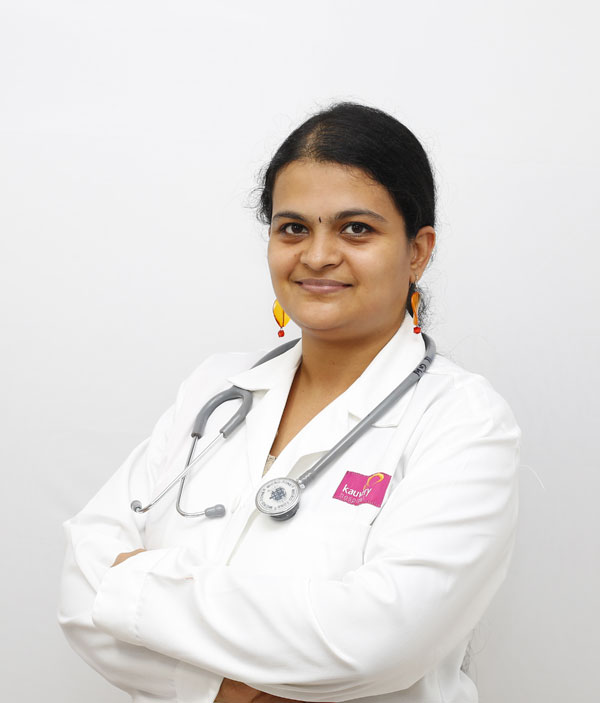Post lockdown, I see a number of parents in my OPD who bring their child with a delay in the social or language milestones. The one question that arises in these parents’ minds is ‘Can my child have autism?’. Here, I try to discuss a few points related to autism- early diagnosis and prevention.
Autism is a lifelong non-progressive neurological disorder typically appearing before the age of 3. The word “AUTISM” refers to a developmental disability notably affecting verbal and non-verbal communication and social interaction. The symptoms are grouped from mild to severe and known as ‘autism spectrum disorder’ (ASD).

It is important to diagnose autism at the earliest possible age, although the symptoms can appear as early as 12 to 18 months.
Parents can identify the symptoms early by noticing the following:
- Repetitive behaviour like hand flapping, rocking, jumping, or twirling
- Not pointing to objects by 18 months of age and not identifying body parts by 18 months
- Fixations on certain activities/objects/ toys or following specific routines or rituals (getting upset when the routine is changed)
- Extreme sensitivity to touch, light, and sound
- Not socialising with peers. Likes to play alone.
- Not speaking bisyllables like “amma” “appa” by 18 months
- Not maintaining an eye contact
Once you notice the above, it is important to seek help as soon as possible. Early detection can help the children to improve their social and language skills and lead a normal life.
Under the guidance of specialists (paediatrician and psychologist), a complete assessment will be done to identify a child’s strengths and weaknesses. Based on the assessment, he/she will be motivated to make the most of his/her strengths, eventually being provided with the potential for a better, more independent life throughout childhood and well beyond.
There is no particular cause or cure for autism. It is associated with a combination of genetic and environmental factors. Studies have associated autism to a number of risk factors starting from pregnancy to early childhood.
Preventing Risk Factors in Pregnancy:
- Avoiding excessive cell phone usage, eliminating caffeine, tobacco, and alcohol.
- Avoiding negative feelings during pregnancy.
- Consuming colourful organic diet rich in green vegetables and fruits containing antioxidants. Increasing the intake of Vitamin D, omega 3 fatty acids and folic acid foods which are good for neurological development of the foetus.
- Having regular check-ups with a family physician and obstetrician and getting appropriate immunisations.
- Maintaining a favourable environment for the foetus by being cheerful, practicing relaxation and meditation, listening to music, etc.
Preventing Risk Factors in Childhood:
- Early exposure/ stimulation: Right from the newborn period – visual and auditory – toys with sounds, different lights, soft songs, lullabies, talking to the baby etc.
- Avoid excessive digital exposure to the child in the form of cell phones, iPads, computers, or television.
- Spend quality time with the baby (at least an hour/ day) including reading books for the baby, playing with the baby, singing songs, reciting rhymes, etc. Encourage the child to point to letters and read. The child will observe and learn to talk and communicate from you.
- Expose the child to a social environment at an early stage. Take your child to parks, social functions and get-together parties and allow him/ her to mingle with peers and adults.
- Most importantly, parents must avoid using digital media in front of the children. The children tend to follow and imitate the parents. There is no use telling the child to refrain from digital exposure while the parents are hooked onto devices!
Autism spectrum disorder is a complicated and heterogeneous neurodevelopmental issue. In the past few years, while there is a sharp increase in public awareness, there is also rise in the disorder. It becomes essential for an early identification of ASD, which will pave the way to a better and secure future for the child.

Dr Pushkala. M.S. MBBS, MD, PGDID (Australia), PGPN (Boston)
Consultant Paediatrician
Kauvery Hospital, Chennai

